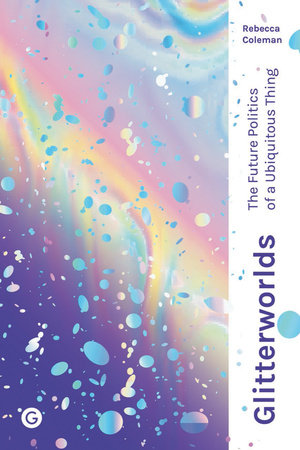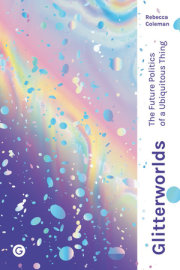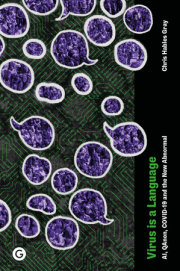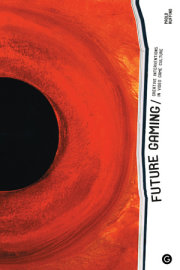An original examination of the ubiquity of glitter—from bodily adornment to activist glitter bombing—and its vibrant and transformational properties.
Glitter is everywhere, from crafting to makeup, from vagazelling to glitter-bombing, from fashion to fish. Glitter also gets everywhere. It sticks to what it is and isn't supposed to, and travels beyond its original uses, eliciting reactions ranging from delight to irritation.
In Glitterworlds, Rebecca Coleman examines this ubiquity of glitter, following it as it moves across different popular cultural worlds and exploring its effect on understandings and experiences of gender, sexuality, class and race. Coleman investigates how girls engage with glitter in collaging workshops to imagine their futures; how glitter can adorn the outside and the inside of the body; how glitter features in the films Glitter and Precious; and how LGBTQ* activists glitter bomb homophobic and transphobic people.
Throughout, Coleman attends to the plurality of politics that glitter generates, approaching this through the concepts of hope, wonder, fabulation, and prefigurative politics—all of which indicate the making of different, better worlds, although often not in ways that are straightforward or conventional. She develops an original account of future politics, where time is nonlinear and sometimes non-progressive. Coleman's argument brings together feminist cultural theory, feminist new materialisms, and theories on futures and temporality, in order to propose that we should understand glitter as a thing—vibrant, processual, transformational, and traversing boundaries between media and material, culture and nature, bodies and environments.






